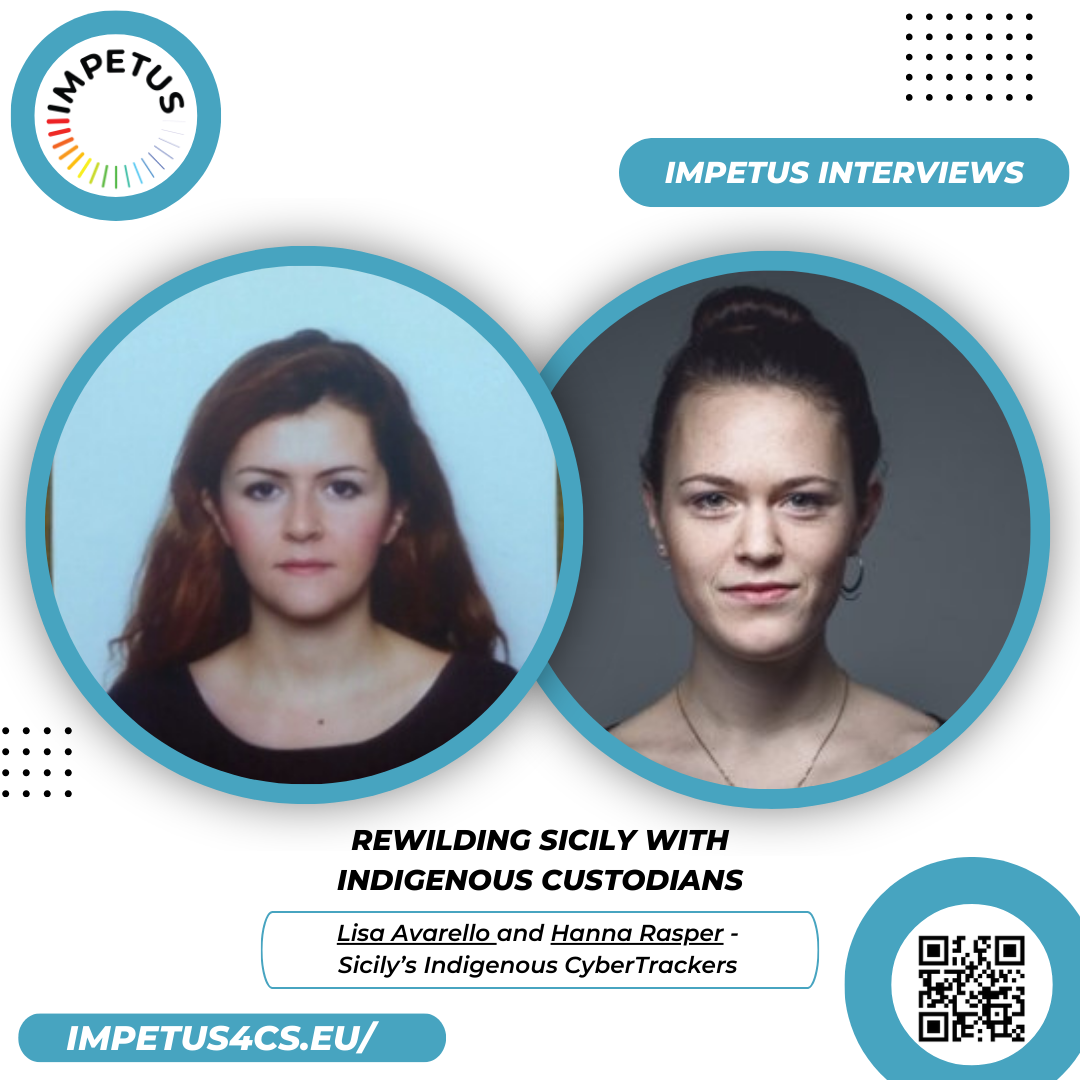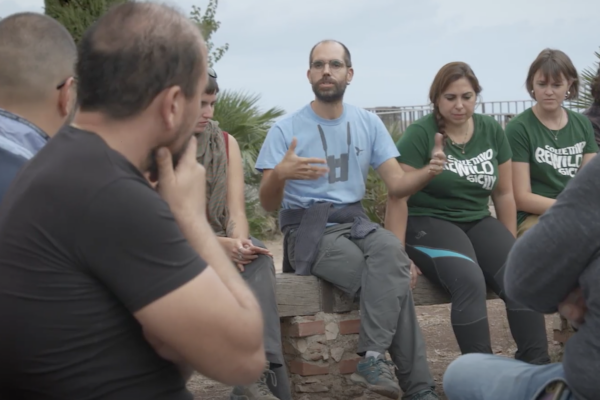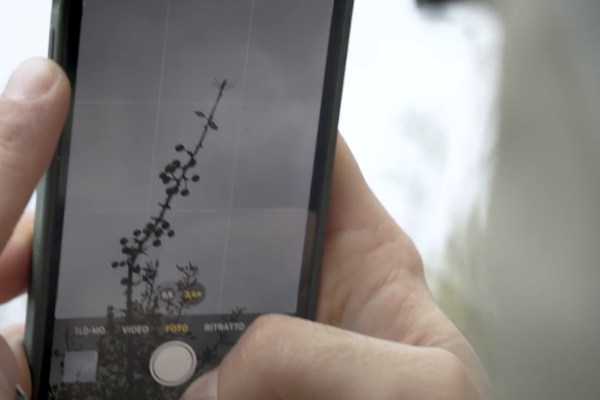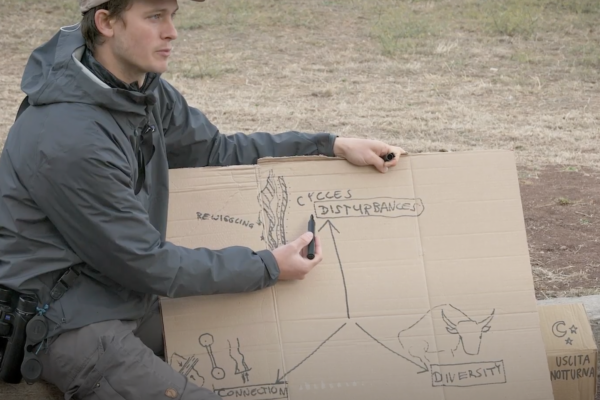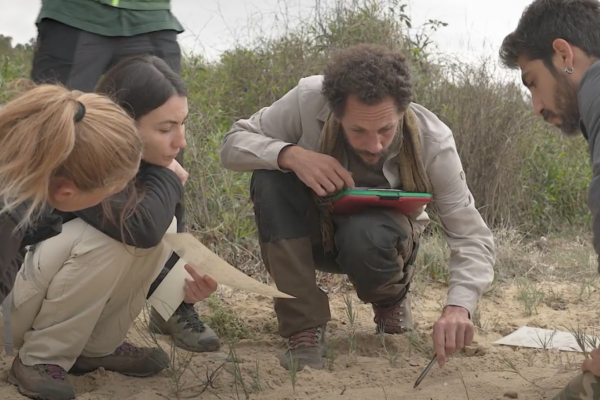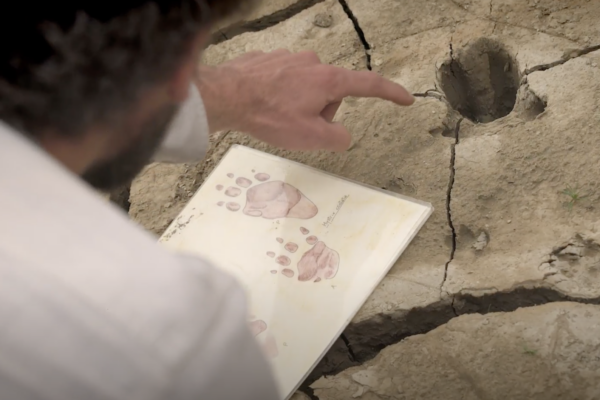In recent years, indigenous knowledge has emerged as a powerful tool in nature conservation, rewilding, and habitat restoration. Yet conventional “top-down” conservation approaches frequently overlook the expertise and involvement of local communities, often leading to missed conservation goals and missed opportunities to learn from those who live off these environments.
The project Sicily’s Indigenous Cyber Tracker is working on the Mediterranean island to help identify indigenous knowledge, its custodians, and how they can collaborate to rewild the island.
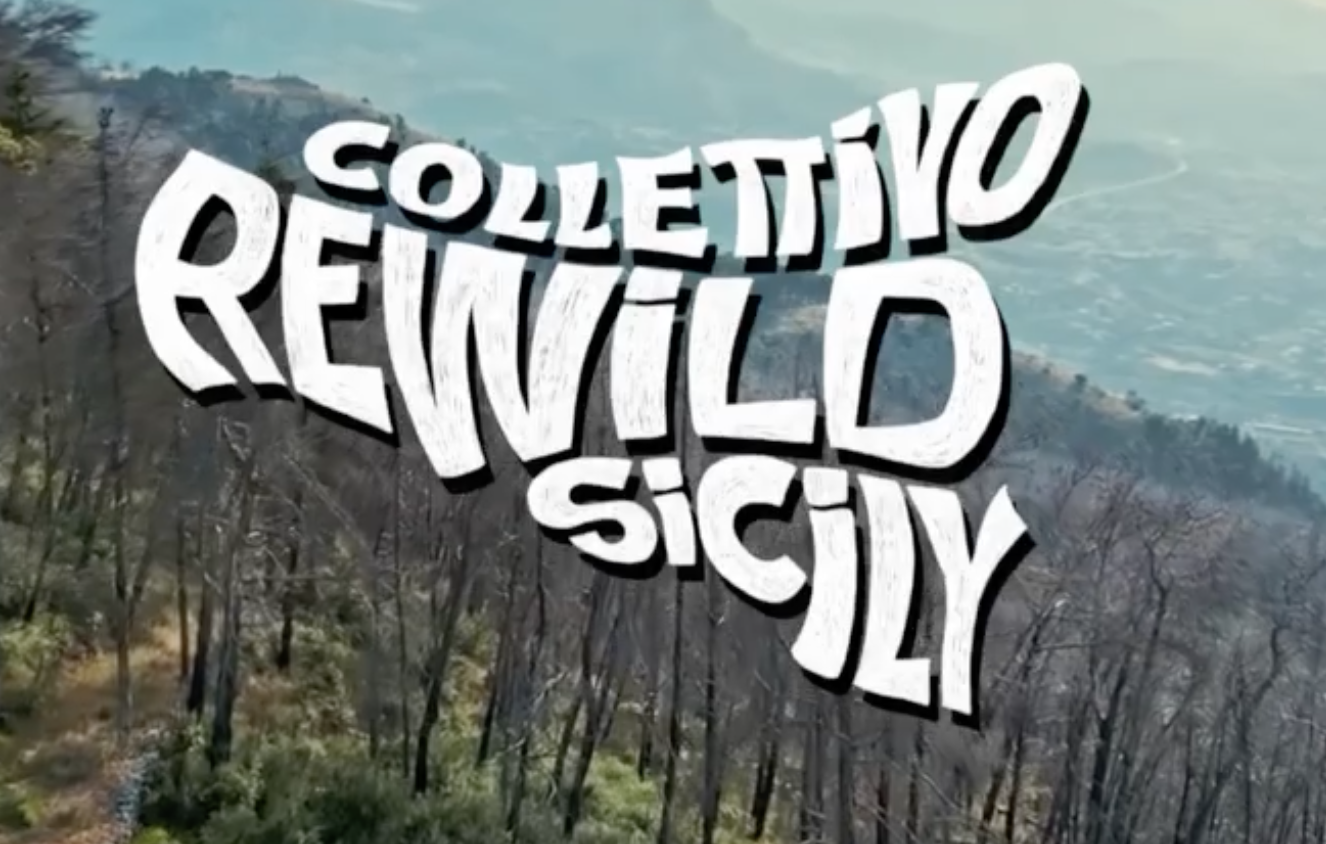
The project has reached out to hunters, shepherds, and forestry workers—those whose livelihoods are intertwined with Sicily’s land and traditions. Although these groups are often marginalised, they possess invaluable ecological knowledge for conservation. So, the team from Sicily’s Indigenous CyberTrackers worked to build trust within these groups, invite them to contribute, and become invaluable to the project’s conservation work.
Using tools like the CyberTracker app, these custodians help monitor wildlife, track signs of fire, and document human activity, generating critical data that informs conservation strategies.
The impact of this project is twofold. First, the data gathered builds a robust database to inform and shape conservation policies. Second, these efforts foster dialogue and community building among these custodians.
Building upon this work, Sicily’s Indigenous CyberTrackers team has co-created educational resources, produced a short documentary, and hosted an advocacy workshop to integrate local ecological knowledge into more comprehensive land management practices.
Sicily’s Indigenous CyberTrackers project received an honourable mention from the 2024 European Prize for Citizen Science. As previous participants of the IMPETUS accelerator programme, we are pleased to see this team’s great work recognised internationally!
Through their work, Sicily’s Indigenous CyberTrackers project bridges the gap between local custodians and broader conservation initiatives by working together to restore the island’s natural environment.
Find out more about the project in our IMPETUS Interview with Lisa Avarello and Hanna Rasper.

